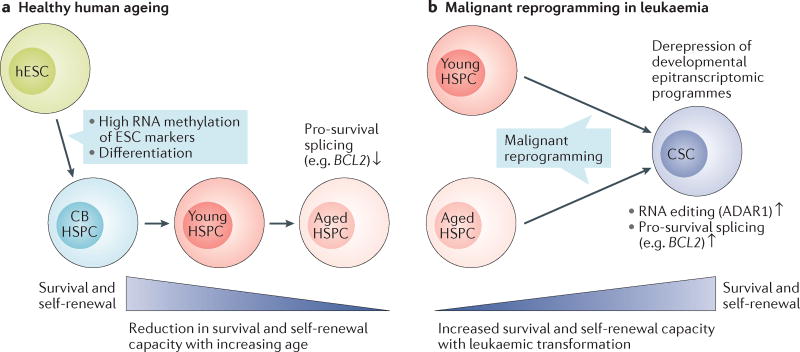Figure 4. RNA processing in normal and malignant haematopoiesis.
RNA processing alteration influence human haematopoietic stem and progenitor cell (HSPC) development, ageing and disease. a | In human embryonic stem cells (hESCs), RNA methylation represses pluripotency markers, promoting differentiation along distinct lineages when coupled with derepression of pathway-specific regulatory transcripts. During healthy human development and ageing, precise regulation of stem cell regulatory RNA processing activities such as alternative splicing of pro-survival gene families (for example, BCL2) and RNA binding protein activities (including splicing factors) are required to maintain HSPC survival and self-renewal from fetal stages (cord blood (CB)) through adulthood and ageing. b | In age-related malignancies such as chronic myeloid leukaemia (CML) and acute myeloid leukaemia (AML), aberrant RNA editing and preferential expression of pro-survival splice isoforms (for example, long isoforms of BCL2 and BCL2L1 gene products) promotes malignant reprogramming of progenitors and supports leukaemia cancer stem cell (CSC) survival and self-renewal through derepression of developmental epitranscriptomic programmes. ADAR1, adenosine deaminase acting on double-stranded RNA 1.

